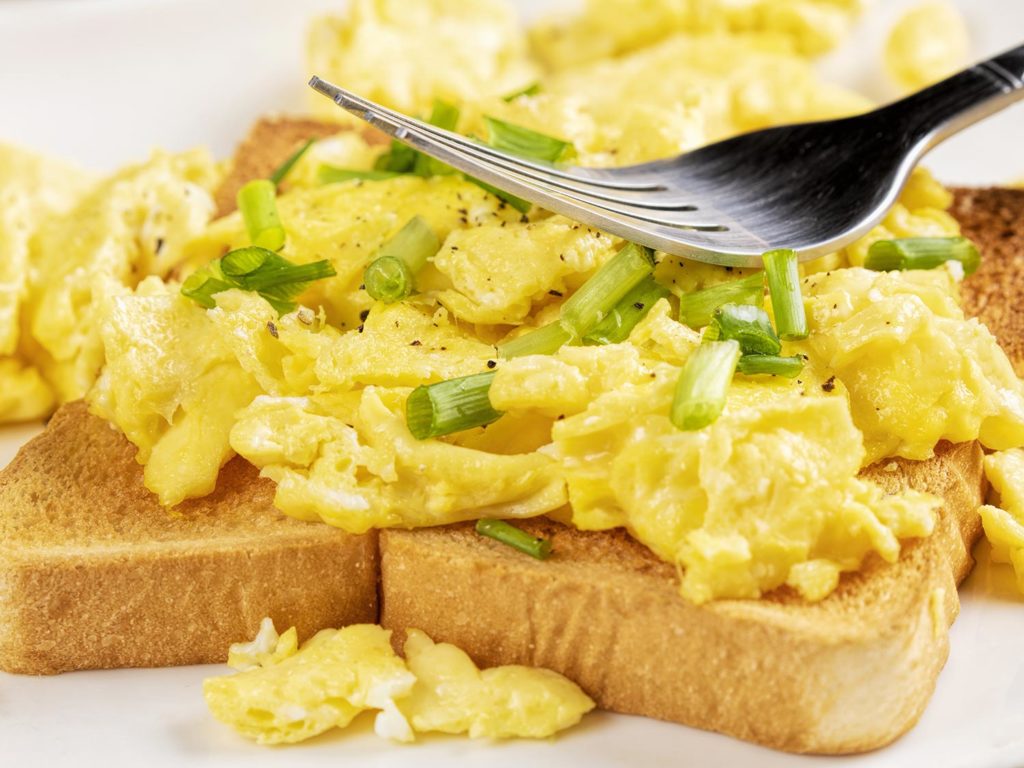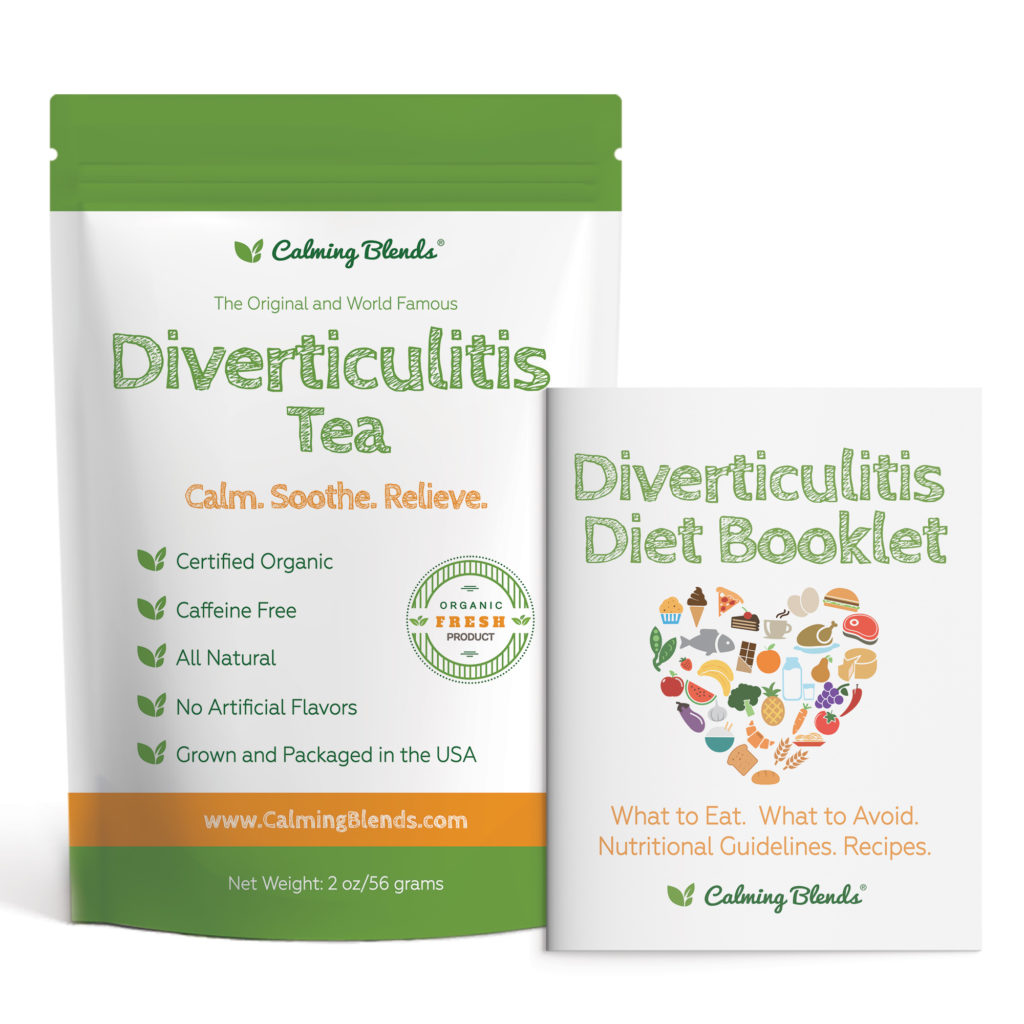What is a Low Fiber Diet for Diverticulitis?
Diverticula is often the result of not enough fiber in the diet. As a result, the stool become hard and it gets difficult to pass it through the colon. This pressure on the wall of the colon results in the formation of diverticula. While a high fiber diet may help prevent diverticulosis and thus diverticulitis, a low fiber diet is often recommended during flare-ups. In severe cases of diverticulitis flare-up, a clear liquid diet is preferred.
Examples of Low Fiber Diets for Diverticulitis:
Usually a low fiber diet, (approximately 10-15 grams of daily fiber) is recommended until the flares recede. Click here to see our dietary guidelines and sample meal plans for Low Residue Diverticulitis diets.
You also may want to avoid these foods, especially if you are having problems with diarrhea, or have gas , bloating or cramping:
- Foods that are greasy, fried and high sugar content
- Foods with high amounts of lactose
- Sweetened and caffeinated beverages, including smoothies, fruit juices or sodas with high sugar content
- Foods that contain artificial sweeteners.
Table of Low Residue Foods to Eat for Diverticulitis (If you are post-surgery for diverticulitis or your doctor has advised a liquid diet, please click here to see the “Liquid Diet Guidelines for Diverticulitis”
Low Residue Diet for Diverticulitis
| Foods To Eat | Foods to Limit | |
|---|---|---|
| Meats, Fish, Poultry, Eggs | Baked, broiled, grilled or steamed meats/poultry/fish, deli slices, eggs | Fried meats/poultry/fish/eggs |
| Dairy | Lactose free dairy (any) low lactose dairy: cream cheese, half and half, hard cheeses (cheddar, Colby, Parmesan, Swiss, etc), soft cheeses (feta, mozzarella, etc), yogurt (Greek) | high lactose dairy (large amounts): buttermilk, chocolate, creamy/cheesy sauces, custard, ice cream, milk (cow's, goat's, sheep's, condensed, evaporated), soft cheeses (cottage, ricotta, etc), sour cream |
| Meat, Dairy Alternatives | milk alternatives (almond, coconut, rice, soy), creamy nut butters, tofu | beans, black eyed peas, lentils, nuts, crunchy nut butters, fried tofu, soybeans, split peas, soy/bean patties |
| Grains | made with refined wheat, made with foods allowed: bagels, biscuits, breads (french, italian, pita, white, sourdough), cereals (cream of wheat, cream of rice, oatmeal, cornflakes, Cheerios, Chex, Rice Krispies, etc), chips, crackers (graham, saltine, soda, etc), English muffins, flour tortillas, noodles, pancakes, pastas, pretzels, tapioca, waffles, white rice | made with whole wheat or made with foods to limit, barley, bran, breads (multi grain), bulgur, corn tortilla, croissants, high fiber cereals (Kashi, Fiber One, etc), granola, popcorn, quinoa, rice (brown, wild), rye, sugary cereals (Fruit Loops, etc), sweet rolls |
| Fruits | applesauce, avocado, banana, canned fruits (drain the syrup), lemon, lime, melons, peeled: apple, apricot, peach, pear, peach, plum, etc, fruit puree/sauces (any, no pulp, no skins) | dried fruits, fruit seeds/skins, fried fruits, berries, cherries, dates, figs, grapes, grapefruit, guava, kiwi, mango, papaya, persimmon, pineapple, pomegranate, prunes, orange |
| Vegetables | cooked (no pulp, no skins): beets, carrots, green beans, potatoes, pumpkin, spinach, squash, wax beans, yams, zucchini, etc, vegetable/tomato puree/sauces (any, no pulp, no skins) | raw vegetables, fried vegetables, vegetable seeds/skins, artichokes, asparagus, broccoli, brussel sprouts, cabbage, cauliflower, celery, corn, cucumbers, eggplant, green peas, lettuce, mushrooms, okra, tomatoes |
| Beverages | Decaf coffee, fruit and vegetable juices/smoothies (any, small amounts, no pulp or skins), sport drinks, herbal tea | Caffeinated coffee, lattes, sodas, prune juice |
| Desserts | Angel food cake, chocolate (small amounts), marshmallows, sugar free desserts (puddings, popsicles, etc) | Fried desserts, brownies, cakes, caramel, candy, cookies, donuts, pastries, pies, sherbet, sorbet |
| Seasonings/Condiments | Broth, butter, cooking oils, all spices and herbs, gravy, honey, jam/jelly, ketchup, margarine, mayonnaise, mustard, pepper, salad dressings, sauces (BBQ, soy, etc), salt, vinegar | Coconut, maple syrup, olives, pickles, sugar (large amounts), jam/jelly with seeds, all seeds (flax, sunflower, etc), artificial sweeteners (isomalt, mannitol, sorbitol, xylitol) |
Source: Stanford Healthcare


